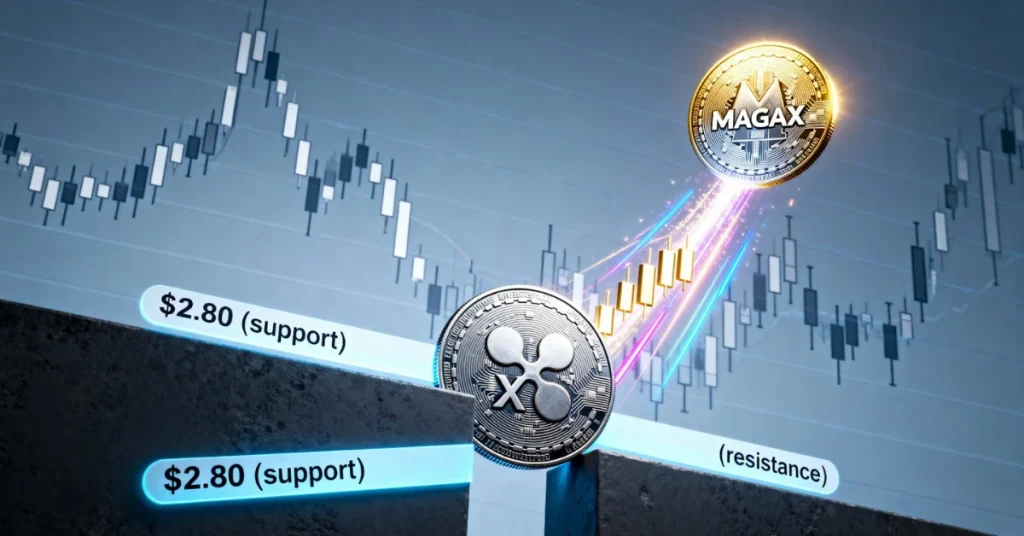
The post ConsenSys’ MetaMask Institutional Launches Staking Marketplace, Brings Leading Providers for Optimal Results appeared first on Coinpedia Fintech News
In recent years, staking has become an increasingly popular way for cryptocurrency holders to earn rewards and generate passive income. With the launch of staking marketplaces, the process has become more streamlined and accessible, bringing significant benefits to the cryptocurrency industry as a whole. MetaMask’s institutional version recently launched its staking marketplace as the regulatory perception of proof-of-stake tokens evolves.
ConsenSys Launches the First-Ever Marketplace for Institutional Staking
MetaMask Institutional, which is ConsenSys’ web3 wallet designed for organizations, has announced the launch of its institutional staking marketplace today. In collaboration with Allnodes, Blockdaemon, and Kiln, the first multi-custodial institutional web3 offering on the market will leverage ConsenSys Staking, along with ConsenSys’ own technology.
According to ConsenSys, a key feature of the new staking marketplace is the standardization of terms and conditions. Johann Bornman, the product lead for MetaMask Institutional, stated that fee rates would be straightforward to access and compare. Johann said:
“It’s really hard for institutions to decide which provider to go with — the average spent on that is up to twenty hours. And you also have this very complex decision to make between different terms and conditions and different features across different staking providers.”
The introduction of the new staking marketplace coincides with Ethereum’s highly anticipated Shanghai hard fork, which project officials have also dubbed “Shapella.”
MetaMask’s Marketplace to Simplify Solo Staking
With the announcement of its institutional staking marketplace, MetaMask Institutional has become a potential gateway for the establishment of fresh Ethereum validators among its institutional clients.
Organizations utilizing MetaMask’s professional wallet and custody solutions will now have the ability to oversee their ETH staking through a selection of four providers: ConsenSys Staking, Allnodes, Blockdaemon, and Kiln.
Since October 2021, MetaMask Institutional (MMI) has been operational, offering an advanced platform tailored to organizations and businesses that provides a broader range of controls and functionalities.
Bornman noted that there had been a shift towards 32 ETH staking from liquid staking, which he attributes not only to Ethereum’s Merge in 2022 but also to the upcoming Shanghai upgrade.
After the Shanghai hard fork upgrade, Ethereum validators will be able to withdraw their staked tokens and access their earned staking rewards. This development will be a game-changer for solo stakers who have staked the required 32 ETH, as they previously could only deposit and withdraw smaller amounts of ETH through LP pools. Bornman said,
“Our focus is to solve for ETH2 staking given how important we believe data validation of Ethereum is today and will be in the future. We have designed the service to be able to simply and seamlessly expand onto on-chain ETH staking solutions.”
MetaMask Institutional initially granted institutions access to DeFi pool staking via popular Lido and Rocket Pool protocols in January 2023, offering them an entryway into ETH LP pool staking.

 2 years ago
150
2 years ago
150














 English (US) ·
English (US) ·